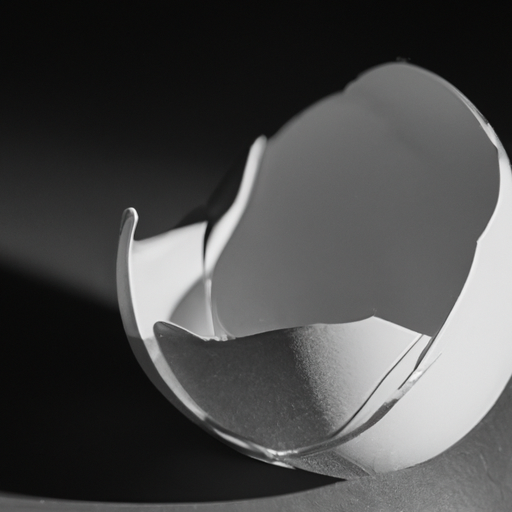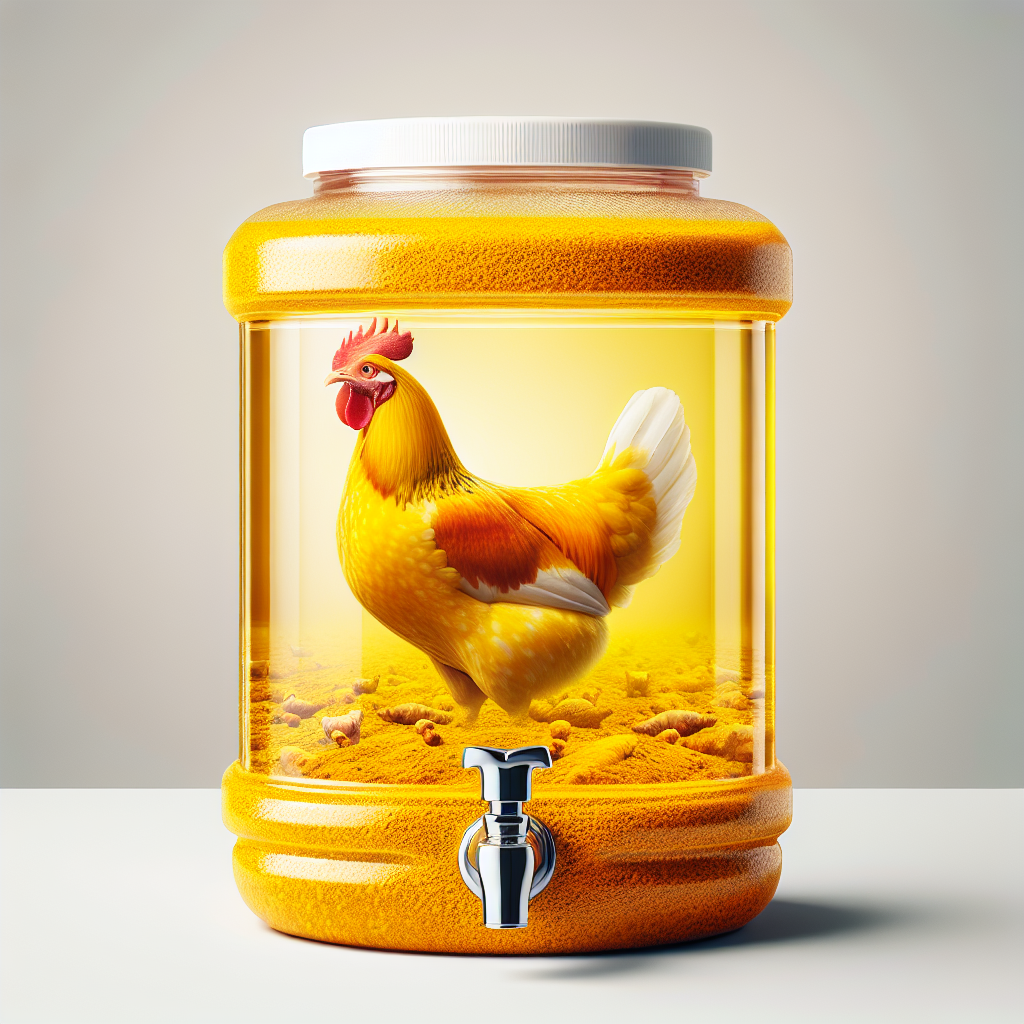You’re curious about whether there are natural supplements that can help improve the quality and strength of eggshells. Whether you’re a backyard chicken owner or a farmer looking to enhance the fertility and success of your flock, this article aims to explore the potential of natural supplements in achieving this goal. From exploring the nutritional benefits of certain ingredients to understanding the science behind eggshell formation, you’ll discover valuable insights on how to support the health of your feathered friends and their precious eggs. So get ready to dive into the fascinating world of eggshell enhancement!
Factors Affecting Eggshell Quality
Genetics
The genetic makeup of a hen greatly influences the quality of the eggshells it produces. Certain breeds are inherently more prone to producing thin or weak shells, while others are known for their ability to produce robust and well-structured shells. Through careful breeding and selection, it is possible to improve eggshell quality over generations.
Nutrition
Proper nutrition is crucial for maintaining good eggshell quality. Hens require a well-balanced diet that provides all the necessary nutrients, including calcium, phosphorus, and vitamin D3, which are essential for the formation of strong and durable eggshells. Feeding hens with high-quality feed that meets their specific nutritional requirements can significantly enhance eggshell quality.
Environmental Factors
The environment in which hens are raised also plays a vital role in eggshell quality. Factors such as temperature, lighting, and stress levels can impact the thickness and strength of eggshells. Providing hens with a stress-free and comfortable environment, along with appropriate temperature control and lighting programs, can contribute to better eggshell quality.
Importance of Eggshell Quality
Protection of Embryo
One of the primary purposes of the eggshell is to protect the developing embryo inside. A strong and intact shell acts as a barrier, preventing the entry of harmful bacteria and other pathogens into the egg. Eggshell quality is therefore crucial for ensuring the safety and health of the developing chick.
Egg Handling and Shipping
Eggshell quality is also essential for the handling and shipping of eggs. Fragile shells are prone to cracking and breaking, leading to potential loss of both the egg contents and any economic value associated with them. Strong and durable shells can withstand the rigors of transportation, resulting in fewer damaged eggs and improved profitability for egg producers.
Consumer Preference
Consumers have come to expect high-quality eggs with pristine shells. Eggshell appearance and integrity directly impact consumer perception and satisfaction. Eggs with thin or defective shells may be perceived as lower quality, affecting consumers’ willingness to purchase and potentially tarnishing the reputation of egg producers. Therefore, producing eggs with excellent shell quality is essential for meeting consumer expectations and maintaining market demand.
Common Eggshell Quality Issues
Thin Eggshells
One common issue with eggshell quality is the production of thin shells. Thin shells are more prone to breakage and are generally weaker, compromising the egg’s protective capabilities. Thin shells can be influenced by various factors such as genetics, poor nutrition, or environmental stress. Addressing these underlying factors, as discussed later in this article, can help enhance eggshell thickness and strength.
Cracked Eggshells
Cracked eggshells pose a significant problem for egg producers. Cracks can occur during egg laying, handling, or transportation, resulting in the loss of the egg’s contents and potential contamination. Cracked eggs are unsuitable for sale and can impact the economic viability of egg production. Strengthening eggshells through natural approaches can help mitigate the occurrence of cracked shells.
Soft Eggshells
Soft eggshells are another common eggshell quality issue. Eggs with soft shells are more likely to break under minimal pressure and are susceptible to damage during handling and transportation. Soft shells are commonly observed in hens with inadequate calcium intake or any other nutritional deficiencies. Addressing the nutritional needs of the hens can help alleviate this problem and improve overall eggshell quality.
Natural Approaches to Enhance Eggshell Quality
1. Dietary Supplements
Supplementing the diet of laying hens with specific nutrients can significantly enhance eggshell quality. The following dietary supplements play a crucial role in improving eggshell thickness and strength:
Calcium
Calcium is a vital nutrient required for proper eggshell formation. It provides the necessary structural support and strength to the shell. Ensuring an adequate supply of calcium in the hen’s diet is crucial for the production of high-quality eggshells. Calcium-rich feed sources such as oyster shell, limestone, or ground eggshells can be included in the hen’s diet to meet their calcium requirements.
Phosphorus
Phosphorus is another essential nutrient involved in eggshell formation. It works in conjunction with calcium to form the crystalline structure of the eggshell. A deficiency in phosphorus can result in poor shell quality. Phosphorus-rich feed sources such as fish meal, soybean meal, or bone meal can be incorporated into the hen’s diet to improve eggshell quality.
Vitamin D3
Vitamin D3 plays a crucial role in calcium absorption and utilization. It helps in maintaining proper calcium levels in the hen’s body, which is essential for eggshell formation. Vitamin D3-rich feed sources such as fish oil or exposure to natural sunlight can ensure an adequate supply of vitamin D3 for the hens.
2. Environmental Modification
Creating an optimal environment for hens can significantly impact eggshell quality. The following environmental modifications can enhance eggshell thickness and strength:
Temperature Control
Maintaining appropriate temperature levels within the hen’s housing is crucial for eggshell quality. Extreme temperature fluctuations can adversely affect eggshell formation. Providing a stable and comfortable temperature range allows hens to allocate their energy towards producing high-quality eggshells.
Lighting Programs
Proper lighting programs, including a balance between light and dark periods, are essential for egg production and eggshell quality. Regular exposure to appropriate lighting conditions stimulates hens’ hormonal balance, which affects eggshell formation. Implementing suitable lighting programs can help improve eggshell quality.
Stress Reduction
Reducing stress levels in hens is vital for optimal eggshell quality. High-stress environments can negatively impact eggshell formation. Providing hens with ample space, minimizing loud noises, and ensuring social harmony can help lower stress levels and contribute to better eggshell quality.
Quality Feed
Feeding hens a balanced and nutritious diet is crucial for enhancing eggshell quality. The following considerations should be taken into account when designing a quality feed:
Balanced Diet
A well-balanced diet, consisting of the right proportions of carbohydrates, proteins, vitamins, and minerals, is essential for fulfilling the nutritional needs of hens. Providing a varied and complete diet ensures that the hens receive all the necessary nutrients required for optimal egg production and eggshell quality.
Eggshell-Specific Nutrients
In addition to a balanced diet, incorporating eggshell-specific nutrients can further enhance eggshell quality. These nutrients, such as additional calcium sources or supplements, are tailored to address specific deficiencies and ensure the production of strong and robust eggshells.
Feeding Methods
The method of feeding hens can also influence eggshell quality. Encouraging natural foraging behavior and providing opportunities for hens to engage in scratch foraging can improve eggshell quality. This allows hens to consume various natural food sources that contribute to their overall nutrient intake and, subsequently, eggshell quality.
In conclusion, eggshell quality is influenced by various factors such as genetics, nutrition, and environmental conditions. Producing eggs with strong and well-structured shells is crucial for protecting the developing embryo, ensuring successful egg handling and shipping, and meeting consumer preferences. Natural approaches, including dietary supplements, environmental modifications, and providing quality feed, can significantly enhance eggshell quality and strength. By addressing these factors and implementing appropriate measures, egg producers can improve their overall productivity and profitability while meeting the expectations of consumers.




